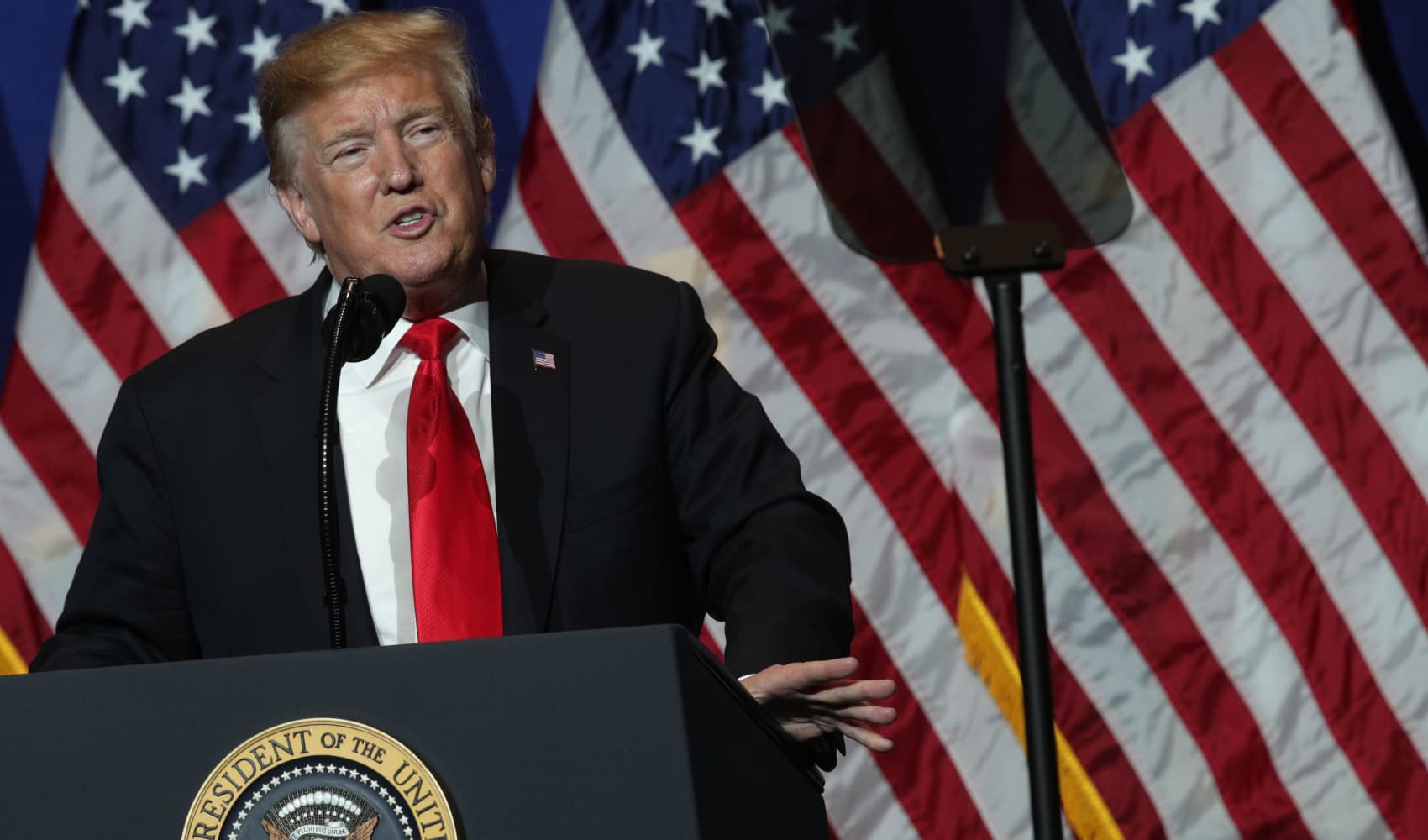Federal officers are still investigating two warehouses that were impounded in the Otay Mesa area; it started on Thursday after a sophisticated drug tunnel was discovered linking the warehouses to a home in Tijuana.
The discoveries of the two tunnels netted nearly 50 tons of marijuana and renewed arguments for the legalization of pot by supporters of proposition 19, which was struck down by California voters three weeks ago. Proponents of the measure want marijuana to be regulated and taxed to generate revenue for a cash-strapped state and plan to put it back on the ballot in 2012.
Proposition 19 supporters believe revenue should be put into treatment programs for people suffering from addiction to harder narcotics like heroine and cocaine.
“What's been happening for the last many years on this war on drugs has not worked,” said Gretchen Bergman, who supports Prop 19. “We closed a tunnel, great, next week we'll find another one and we'll have to close that one; meanwhile, we've poured all of this money down the drain when we need it over here.”
Critics say putting money towards the war on drugs is an investment in a healthier and safer society.
“The social and public health costs associated with it would far outweigh any revenue that could be brought in,” said Marcie Beckett, an anti-marijuana activist.
The tunnel found Thursday is more than seven football fields in length and extends from the kitchen of a home in Tijuana, Mexico, to two warehouses in San Diego's Otay Mesa industrial district. Investigators say this is one of the most sophisticated drug tunnels they've seen in years. The tunnel has a rail system, electricity and ventilation.
The tunnels are believed to be the work of Mexico's Sinaloa cartel, headed by that country's most-wanted drug lord, Joaquin "El Chapo" Guzman, said Mike Unzueta, head of investigations at U.S. Immigration and Customs Enforcement in San Diego.
"We think ultimately they are controlled by the same overall cartel but that the tunnels were being managed and run independently by different cells operating within the same organization," Unzueta said Friday.
U.S. & World
Three men were arrested in the United States, and the Mexican military raided a ranch in Mexico and made five arrests in connection with the tunnel, authorities said.
U.S. authorities have discovered more than 125 clandestine tunnels along the Mexican border since the early 1990s, though many were crude and incomplete.
U.S. authorities do not know how long the latest tunnel was operating. Unzueta said investigators began to look into it in June on a tip that emerged from a large bust of marijuana, cocaine and methamphetamine by the San Bernardino County Sheriff's Department.
U.S. authorities followed a trailer from one of the warehouses to a Border Patrol checkpoint in Temecula, where they seized 27,600 pounds of marijuana. The driver, whose name was not released, was arrested, along with two others who went to a residence in suburban El Cajon that had $13,500 cash inside.
"That (trailer) was literally filled top to bottom, front to back," Unzueta said. "There wasn't any room for anything else in that tractor-trailer but air.
"Three tons of marijuana were found in a "subterranean room" and elsewhere in the tunnel on the U.S. side, authorities said.
Mexican officials seized four tons of pot at a ranch in northern Mexico, bringing the total haul to more than 20 tons.



